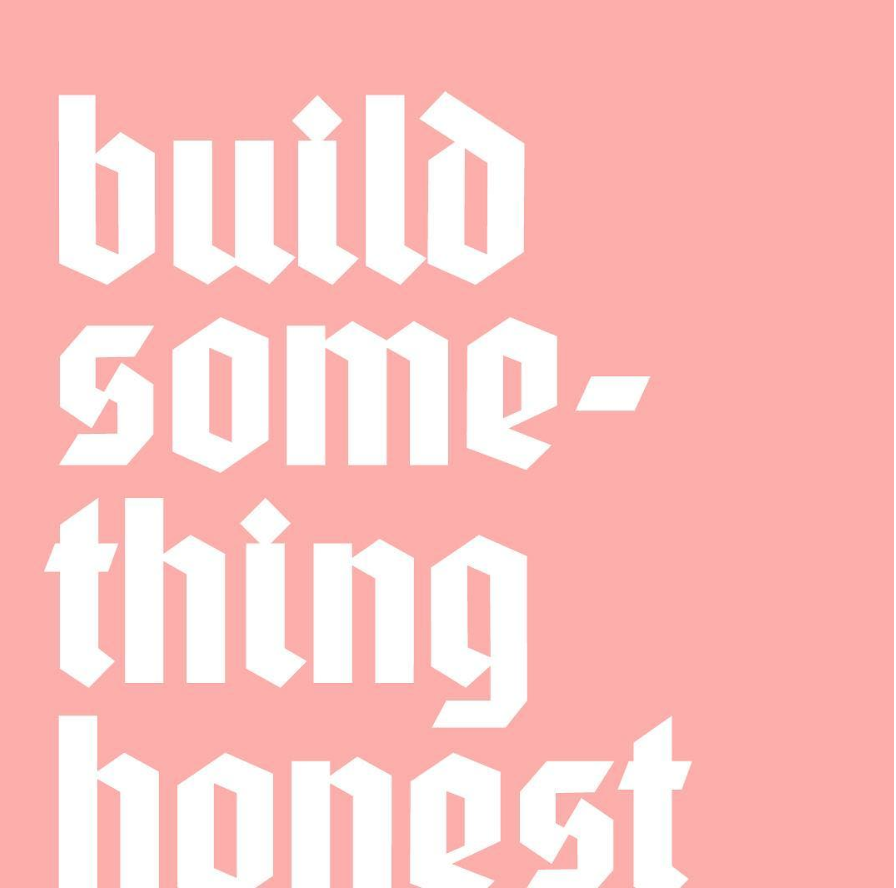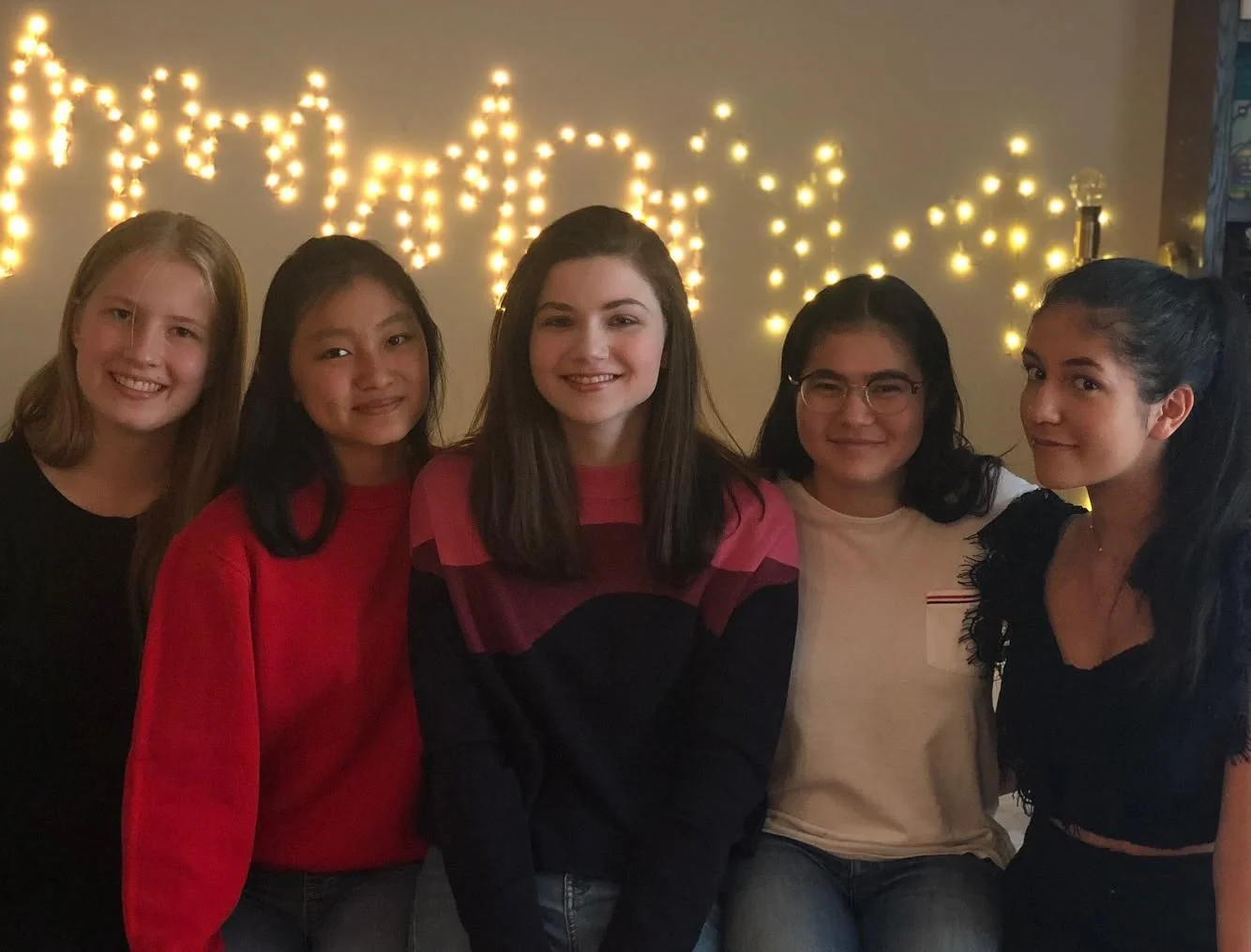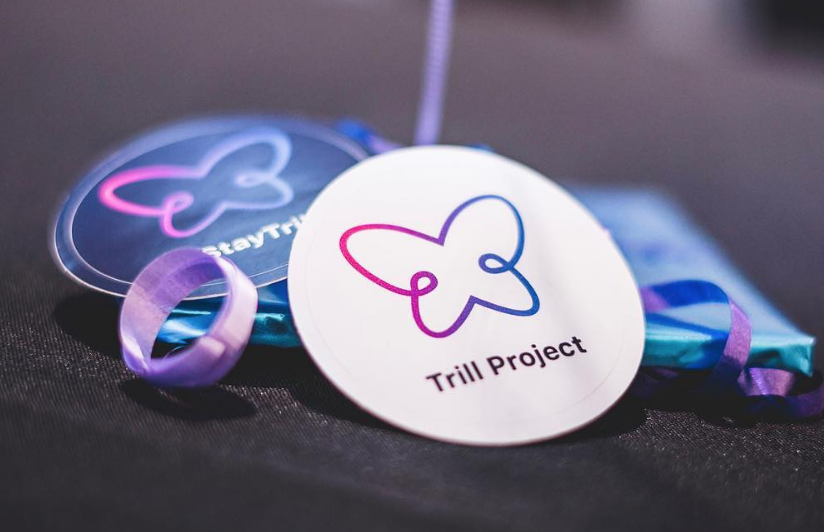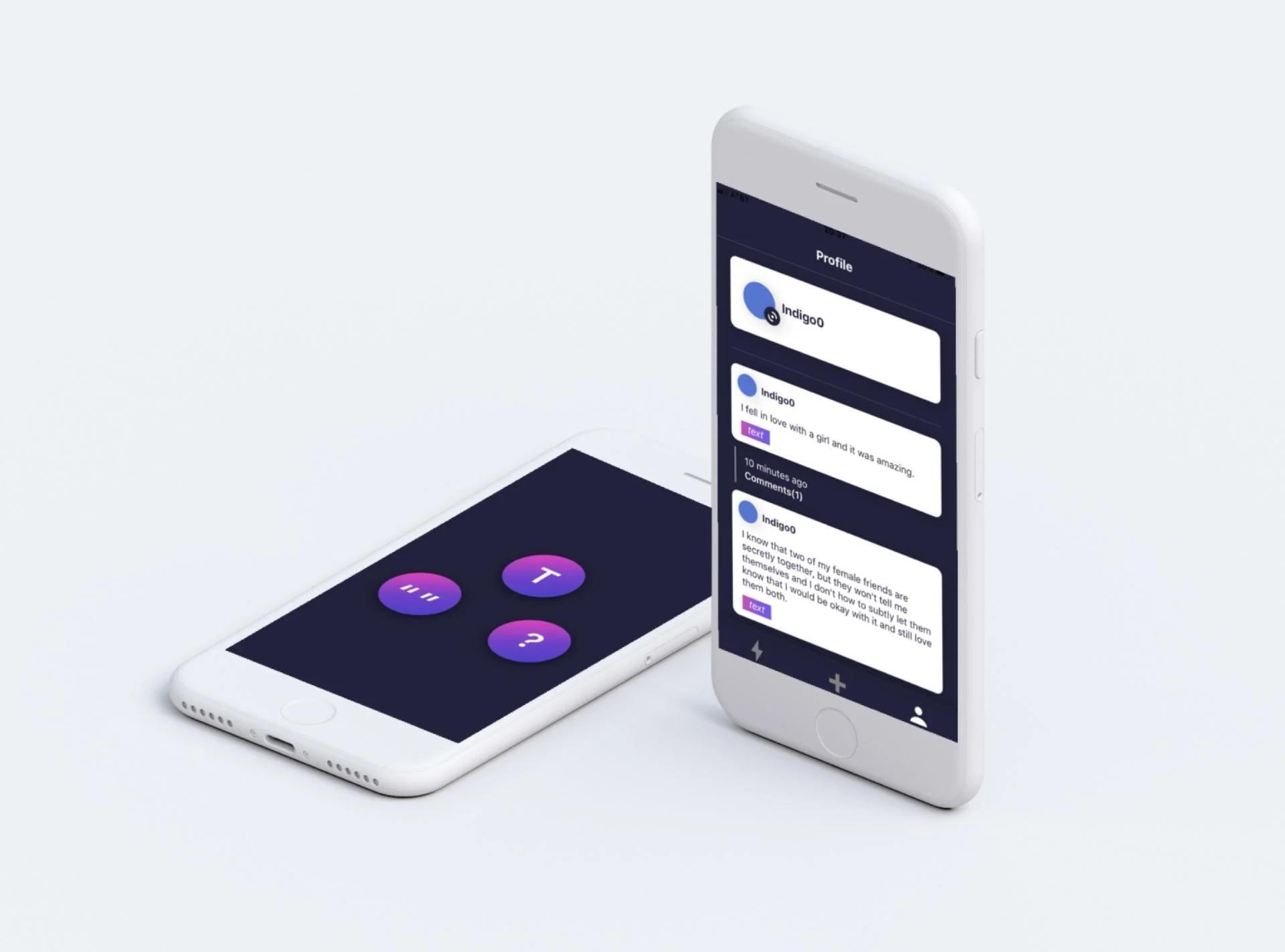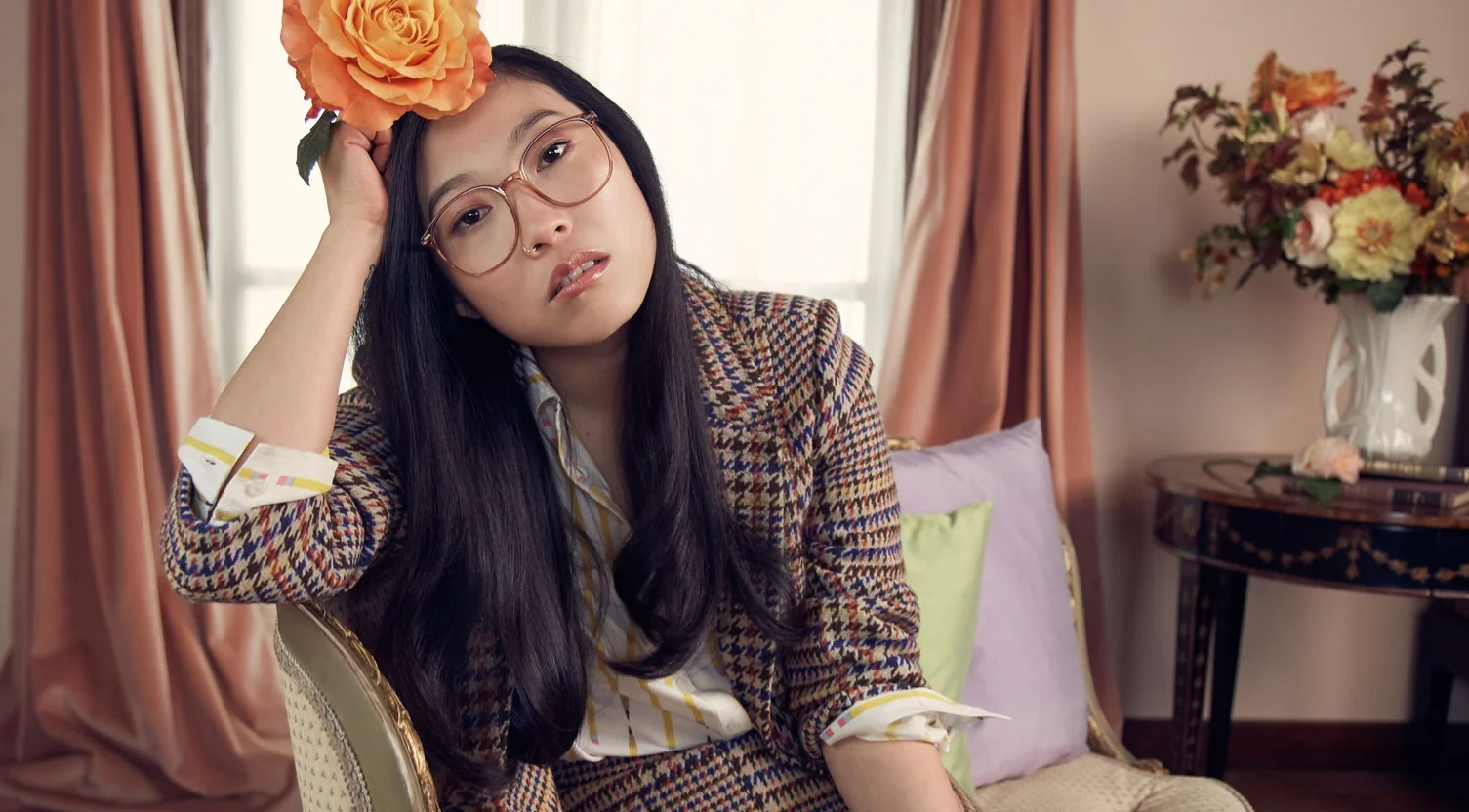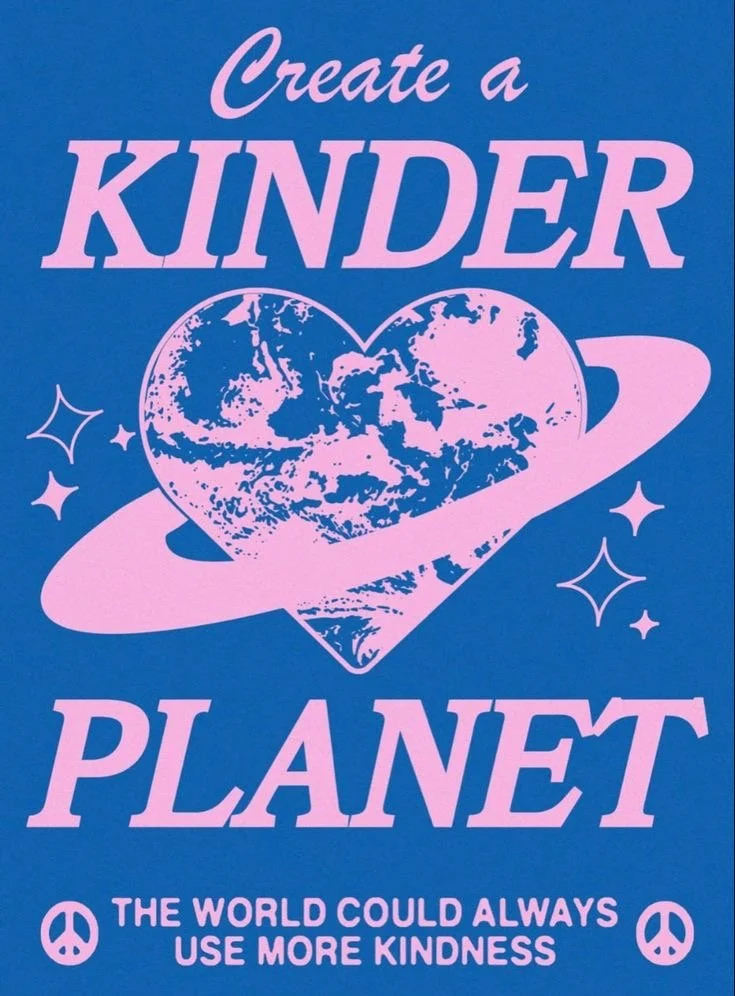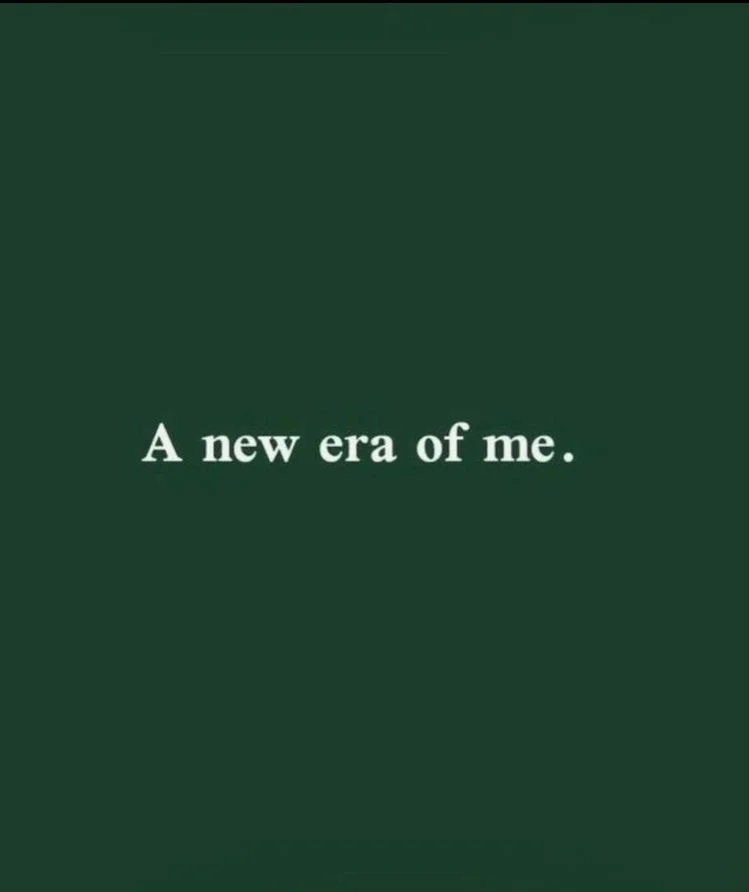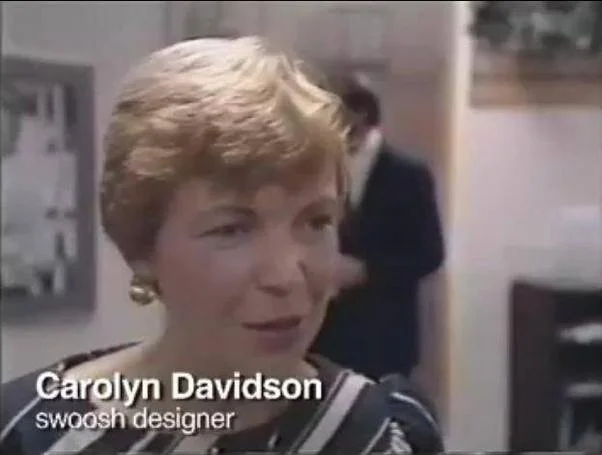#GIRLSWHOCODE: A Chat with the Minds Behind The Trill Project
Written by Emelia Ho
Trill is a newly launched anonymous virtual network that is completely reimagining the social media landscape. Designed by five young women just out of high school, the app is connecting its users from across the globe with the goal of building supportive communities and facilitating healthy conversations about deeply challenging and personal topics. The name Trill fuses the words “true” and “real”, capturing the project’s vision to create an honest, sympathetic and open forum for self expression, especially for LGBTQ youths or those struggling with stigmatized mental health issues. Georgia, Sara, Alexandra, Izzy and Ari make up the Trill team and represent LA’s best and brightest. With an understanding of social media as a toxic space that often enkindles anxiety, depression, loneliness, competition and deception, the girls brought together their passions for coding and humanitarianism to develop a virtual support group. Their young age puts them in a unique position to be in touch with the emotional needs of their generation, and they drew from their own experiences to create the ideal online environment.
L-R: Sara; Nationally recognized Computer Scientist, Alexandra; Editor of award-winning high school newspaper, Ari; Tech Entrprenuer and 3x Apple Scholar, Izzy; Professional Web Developer, Georgia; President's National Volunteer Service Award Recipient
While navigating difficult conversations, Trill values privacy and user safety above all. The app uses top machine learning programs as well as real-time moderators to ensure to that dialogue remains positive and uplifting. The girls behind Trill are elevating social media to be a place where people can focus on building one and other up rather than tearing each other down.
EMELIA: So how did you all meet?
TRILL PROJECT: Four out of the five girls on our team attend the same school, and we started the Trill Project through the Girls Who Code club when working on the Technovation challenge. We were prompted with finding a solution to a social problem. Ari, the Girls Who Code club leader, assembled our team of Sara, Lexi, and Izzy. She knew that Sara was a killer computer scientist from their advanced topics class together, that Lexi had a way with words from her articles in the school newspaper, and that Izzy was an experienced entrepreneur from her background as a professional web developer. But more importantly, our team shared a mission- to change the Internet for good. Seriously disillusioned with our own sense of ‘privacy’ in our lives and on social media, and horrified (but not very surprised) at the harrowing statistics and research on gen z mental health, we all knew that we somehow wanted to address these issues.
Ari met our final teammate, Georgia, all the way in North Carolina. The two were being recognized by the National Center for Women and Information Technology at the top 1% of female computer scientists in the nation. Georgia and Ari quickly became friends and realized they lived just a few blocks away from each other (but couldn’t believe it took them flying across the country to meet!). The two then became business partners, and the pieces all came together. Our team of five founders was complete and ready to bring Trill to life.
EMELIA: How did Trill come to be? What inspired this project and its mission?
TRILL PROJECT: Throughout all of our middle and high school lives, we have watched and participated in the millennial craze over social media. While social media can (and does) do some good, filters, catfishing, facetune, body shaming, and cyber bullying have turned existing online networks into public hubs for isolation and negativity. Probably everywhere, and especially in LA, it can feel like everyone around you is in competition to win the Most Curated Instagram award. It also didn’t help that we never knew which sites or corporations actually had access to all our ‘personal’ information.
Trill was inspired by the struggles that we personally go through daily, as well as the feedback from our peers around us. We found that in college prep schools like our own it’s so easy for people to hind behind facades as a way to cope with the anxiety, addiction, sleep deprivation, etc. Our school has a club called Peer Support, which is beneficial for many of our classmates (and ourselves!), so we thought that it would be really cool to be able to share that idea in a virtual space.
To see if there would be any interest in an app like Trill, or if we would be building it for nobody, we started out by asking the question “What would you tell the world if no one knew you were telling it?”. Using a Tumblr account and an anonymous google form, we quickly received the validation we’d hoped, and believed, we could get. We reached 10,000+ email signups in around 3 weeks, and began our beta in TestFlight.
EMELIA: You all grew up in LA. How do you think this unique urban environment has affected you and your sense of community and social issues?
TRILL PROJECT: Growing in LA has exposed us to so many diverse ideas and thought processes that expanded all of our views. For us our mission has been to ensure that there is a safe space online for more people to hear these views and respect each others opinions regardless of agreement. We feel blessed to even have a resource like Peer Support at our school. We recognize, however, that not everyone has support in their day to day lives or lives in a community as vibrant, accepting, and socially aware as our own, so we are building Trill for those people who need it most. Everyone deserves to be heard and supported.
EMELIA: In your experience, what is it like to be a group of strong women working in the tech industry? What is the importance of the all-female collective to you?
TRILL PROJECT: When Georgia was first accepted to study at Harvard University next year, she had the intention of studying computer science and business. After announcing the news to her family and friends, they ‘harmlessly’ remarked: “Now you are in the perfect place to find a husband!” Joking comments like this lead to dangerous trends. Sadly, since we are young teenage girls, our meetings with female business mentors always include some time devoted to discussing the way some men will treat us inappropriately in professional places, warnings, and their advice. While these insights are appreciated (and somewhat necessary), we are disheartened by the reality. The importance of gender equity in tech is critical to the future of the industry. As a result, as young women in STEM, we’ve found a great purpose in working together and creating something meaningful for our community. We want Trill to foster a sense of comfort, collaboration, and community for others, not just in Los Angeles but really around the globe. We are empowered by this possibility. Female entrepreneurs and computer scientists may be in the minority, but when we work together we are capable of elevating and innovating beyond our wildest dreams. Our experience working together has been tremendously positive, and we intend to build a team full of more strong female makers.
EMELIA: How does it feel to be a young entrepreneur? Do you see the future of your startup impacting your personal future plans?
TRILL PROJECT: This process of starting Trill has taught us all so much about entrepreneurship. We have had some amazing advisors who have given us invaluable advice, both about business and personal growth. Being young entrepreneurs hasn’t been any different than we’ve seen with other startups the main difference would be that we are all learning to shift to learn to balance both the company and school at the same time.
Because we are teens we have unique credibility, access, and insight in our market. We are on the startup path early, and we love what we are experiencing and witnessing (the fast-paced atmosphere, the potential to help people, the creativity of ideas, the brilliance of our coworkers, etc.). This is most definitely our future.
EMELIA: Who are some people or organizations you look up to or see as role models?
TRILL PROJECT: We really look up to the peer support system at our school, as well as other ways of support like TeenLine. We also admire Girls Who Code, Women In Tech, and the National Center for Women in Information Technology for their efforts at increasing gender diversity in STEM fields.
EMELIA: Will you be expanding your team?
TRILL PROJECT: We have our core team of founders solidified, but we are open and excited about expanding our Trill family as we grow. We specifically need to hire developers and a designer.
EMELIA: What are you all most excited for this summer?
TRILL PROJECT: We are in a summer accelerator called Founders Bootcamp. Through this program we are going to Silicon Valley in August to pitch our idea in front of VCs. Prior to this demo day, we are going skydiving with the accelerator to boost our adrenaline and kill our nerves. We are so excited for the opportunity to take this leap of faith (literally and metaphorically).
Get the Weekly Trill and start sharing your honest, real stories here.

